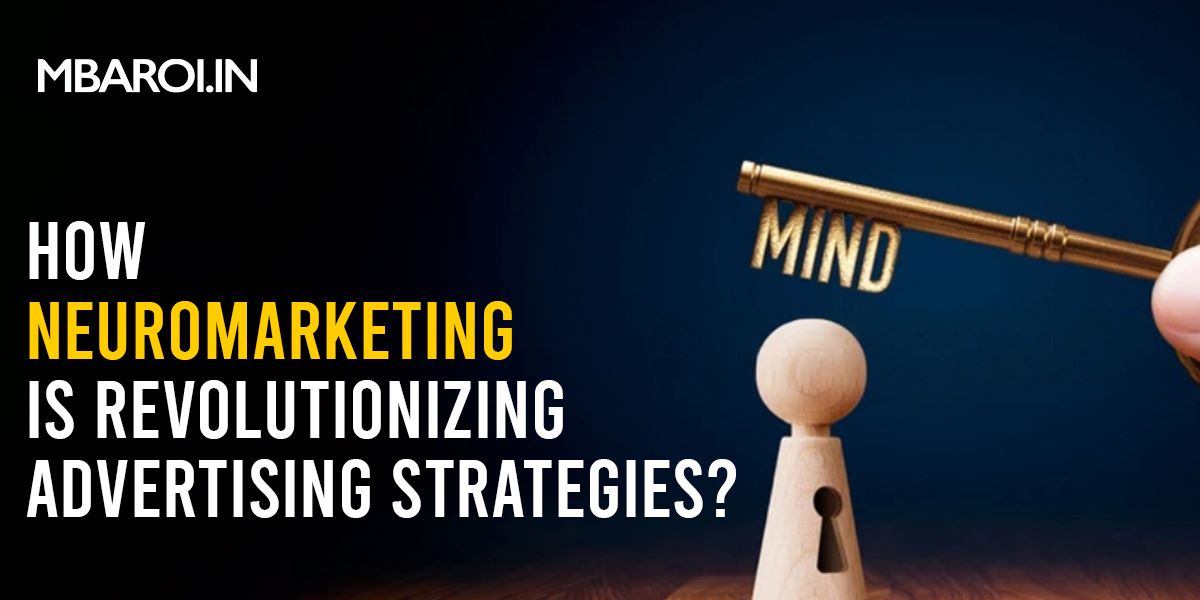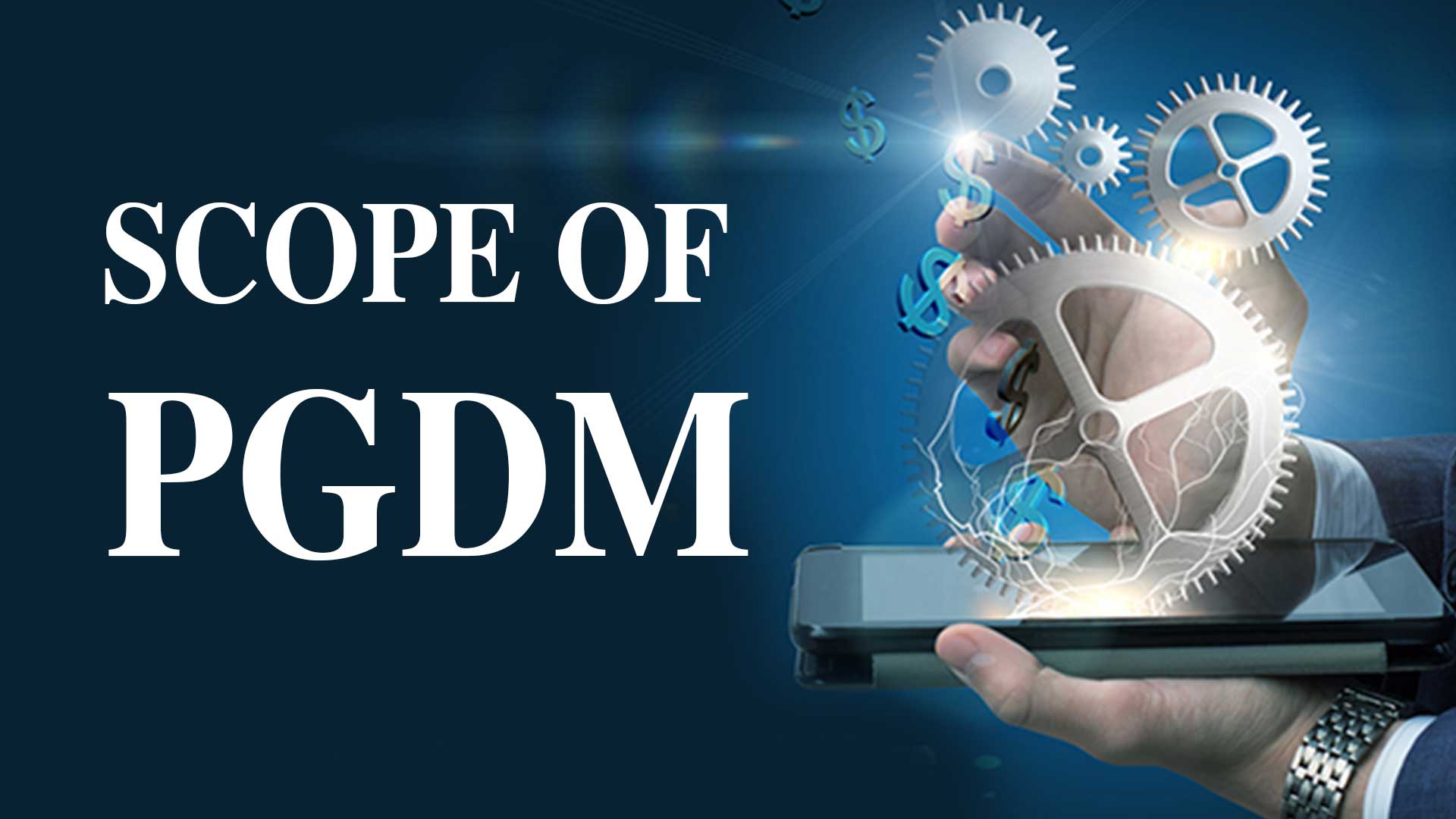Neuromarketing is a field of marketing research that aims to understand how consumers’ brains respond to marketing stimuli such as advertisements, products, or brands. Neuromarketing uses neuroscience techniques such as brain imaging (e.g., fMRI), electroencephalography (EEG), and biometrics (e.g., eye-tracking, skin conductance) to measure and analyze consumer’s subconscious reactions to marketing messages.
The goal of neuromarketing is to gain a deeper understanding of consumers’ emotional and cognitive responses to marketing stimuli, which can help marketers design more effective marketing strategies and campaigns. By identifying the neural and physiological processes that underlie consumers’ decision-making and behavior, neuromarketing can help companies optimize their products, packaging, and advertising to better meet consumers’ needs and desires. However, it is worth noting that neuromarketing is a controversial field, as some critics argue that it raises ethical concerns around the use of neuroscience to manipulate consumers’ behavior.
How Neuromarketing works?
Neuromarketing works by studying how the brain processes and responds to marketing stimuli in order to better understand consumer behavior and create more effective marketing strategies. Here are the basic steps involved in the process:
- Identify research question: The first step in neuromarketing is to identify the research question or problem that needs to be addressed. For example, a company might want to know which type of packaging design is most likely to grab a customer’s attention and encourage them to buy their product.
- Choose appropriate research methods: Once the research question has been identified, the next step is to choose the appropriate research methods. This might include using techniques such as fMRI, EEG, eye-tracking, or skin conductance measurements to measure brain activity, eye movements, and physiological responses to different marketing stimuli.
- Design and conduct experiments: Researchers will then design and conduct experiments that expose participants to different marketing stimuli, such as ads or product packaging, while monitoring their brain activity and physiological responses.
- Analyze data: The data collected from the experiments is then analyzed using statistical methods and other techniques to identify patterns and correlations between brain activity and consumer behavior.
- Draw conclusions and make recommendations: Based on the analysis of the data, researchers will draw conclusions and make recommendations to the company on how to create more effective marketing strategies that will resonate with their target audience and drive sales.
Also Read: Why learning Business Analytics is Important?
Importance of Neuromarketing

Neuromarketing is becoming increasingly important for businesses and marketers for several reasons:
- Understanding consumer behavior: Neuromarketing provides insights into the subconscious processes that influence consumer behavior, allowing businesses to better understand why consumers make certain decisions and how they can create more effective marketing strategies that align with these underlying motivations.
- Creating more effective marketing campaigns: By using scientific methods to measure consumer responses to marketing stimuli, businesses can create more effective marketing campaigns that resonate with their target audience and drive sales.
- Increasing ROI: Neuromarketing can help businesses to optimize their marketing spend by identifying which campaigns are most effective and which are not, allowing them to focus their resources on the strategies that are most likely to deliver a high return on investment.
- Gaining a competitive advantage: By using neuromarketing techniques to gain a deeper understanding of consumer behavior, businesses can gain a competitive advantage over their rivals by developing more effective marketing strategies that better meet the needs and desires of their target audience.
Also Read: MBA Colleges Without Entrance Exam
How it is Revolutionizing Advertising Strategies?
Neuromarketing has the potential to revolutionize advertising strategies because it provides a more in-depth understanding of consumer behavior than traditional market research methods. Traditional market research techniques such as surveys and focus groups can be biased by factors such as social desirability bias, where people tend to give answers that they think are socially acceptable rather than their true opinions. Neuromarketing techniques, on the other hand, are more objective and can provide a more accurate picture of what consumers are thinking and feeling.
One way that neuromarketing is being used to revolutionize advertising strategies is by helping companies create more effective advertising campaigns. By measuring brain activity and other physiological responses, neuromarketers can determine which advertisements are most likely to grab consumers’ attention and evoke an emotional response. This information can then be used to create more compelling and engaging advertisements.
Another way that neuromarketing is changing advertising strategies is by helping companies tailor their messages to specific target audiences. By understanding how different demographic groups respond to certain stimuli, companies can create more targeted and effective advertising messages. For example, if neuromarketers find that women respond more positively to ads that feature social connections, companies can create ads that highlight the social benefits of their products or services.
In conclusion, neuromarketing has the potential to revolutionize advertising strategies by providing a more accurate and objective understanding of consumer behavior. By using neuroscience techniques to measure brain activity and other physiological responses, companies can create more effective advertising campaigns and tailor their messages to specific target audiences.
Also, Read
Top 50 MBA Colleges in India
MAT Exam Preparation Strategy
How an MBA Leads Startup Towards Success?




